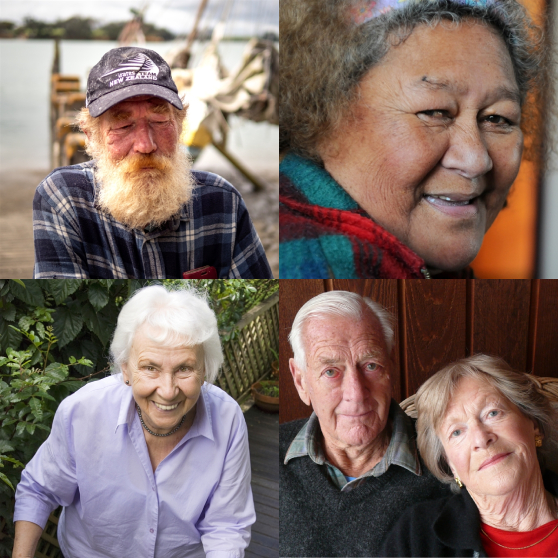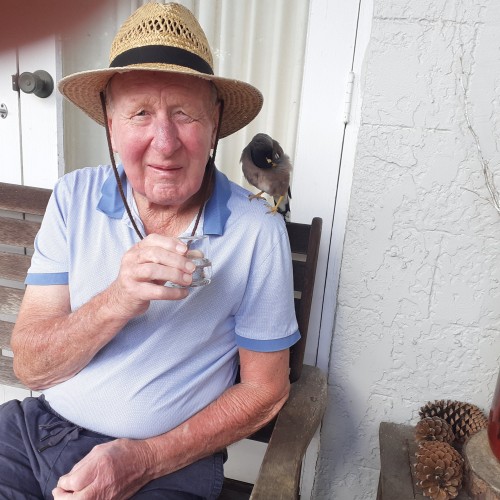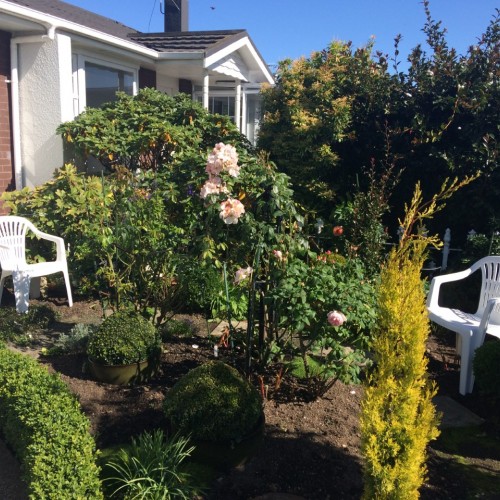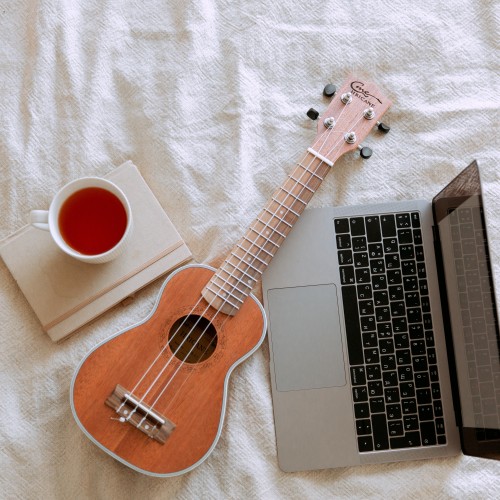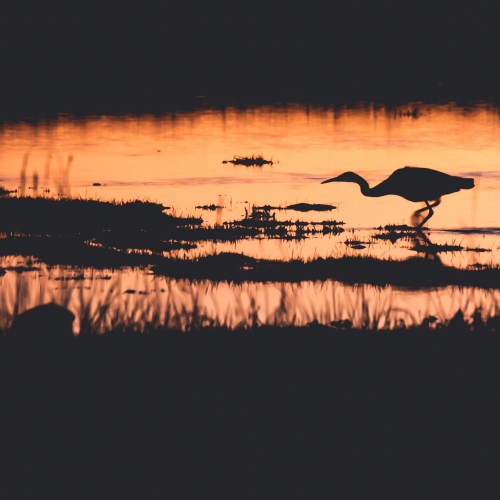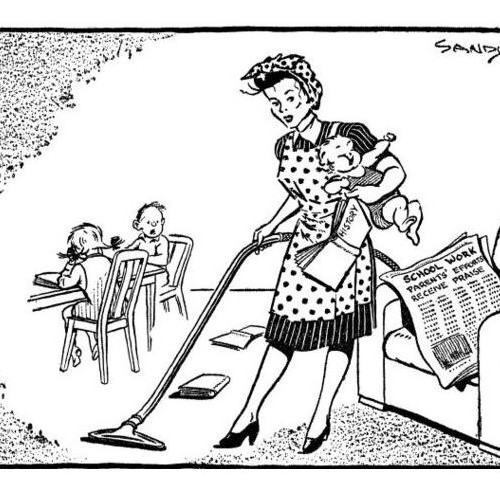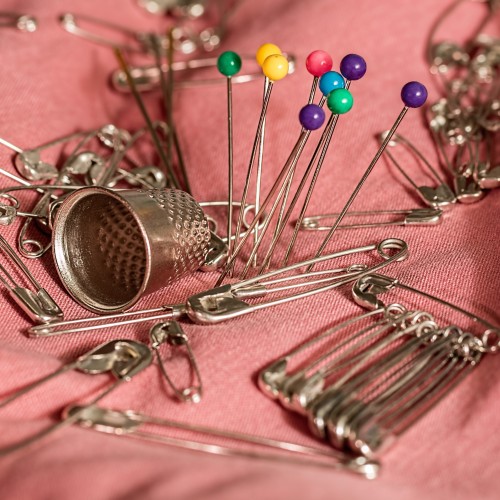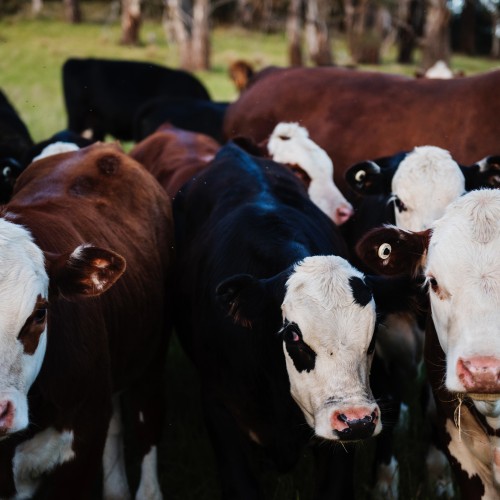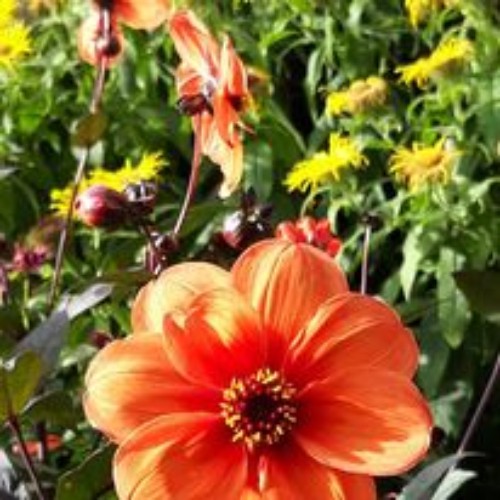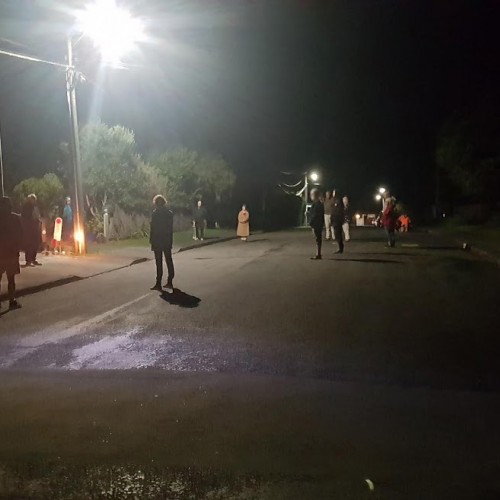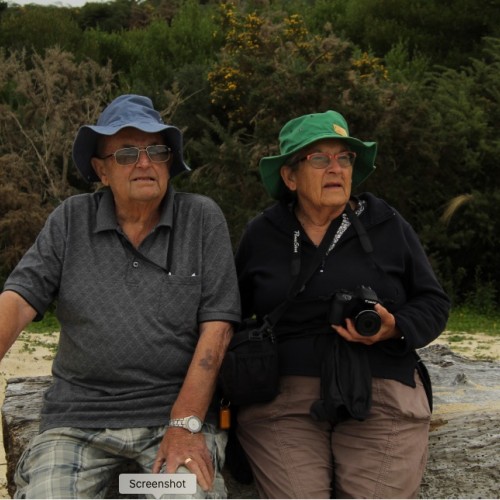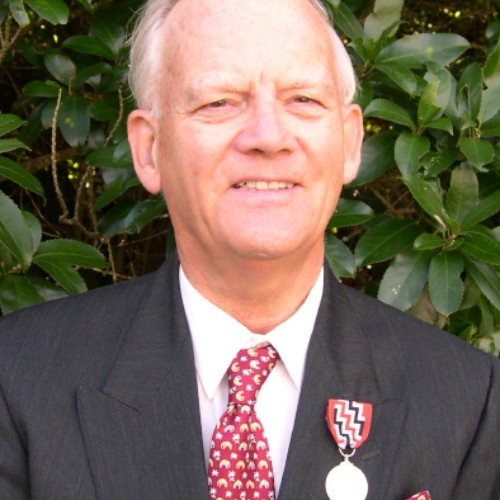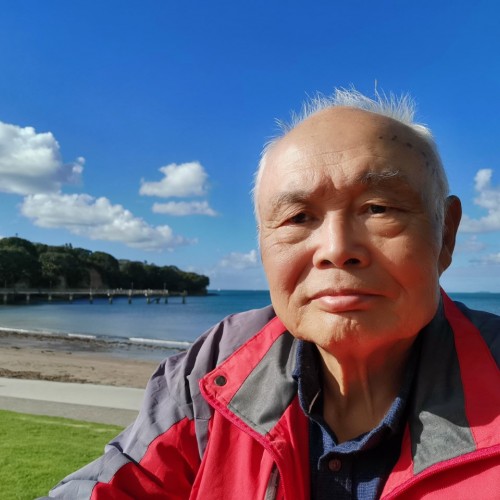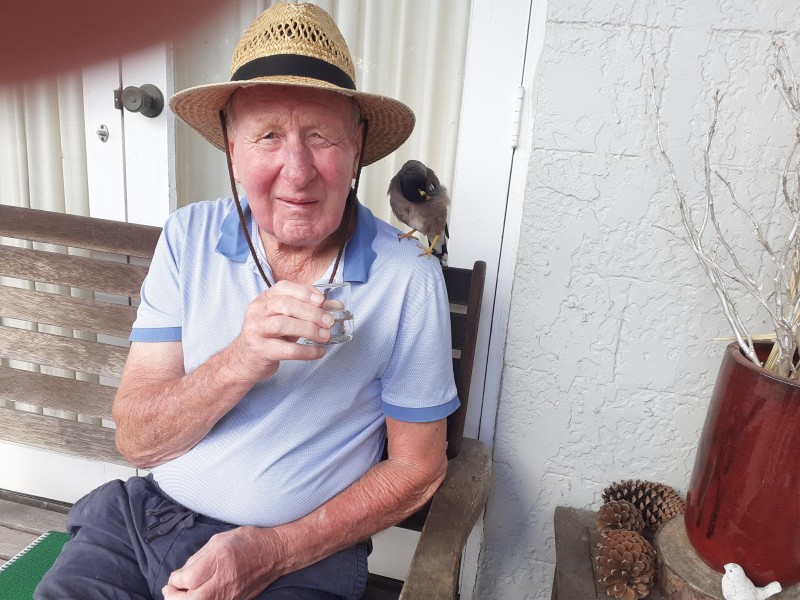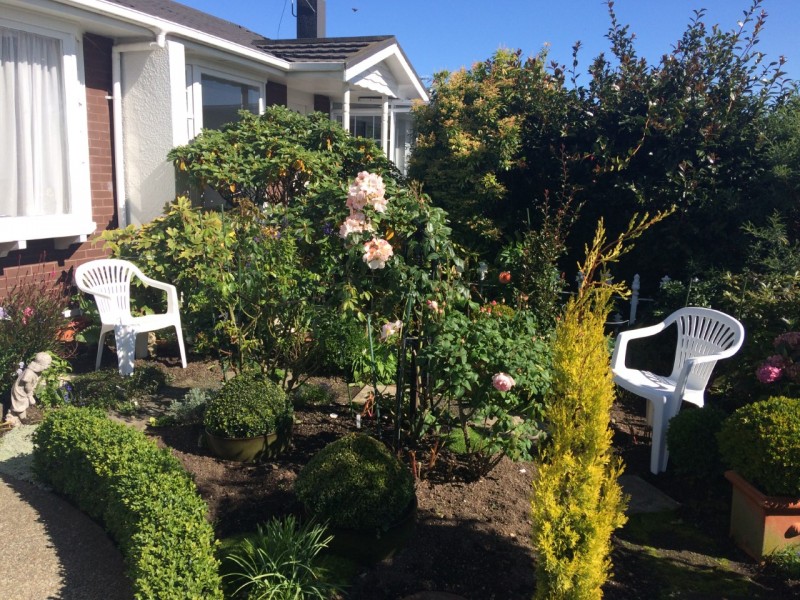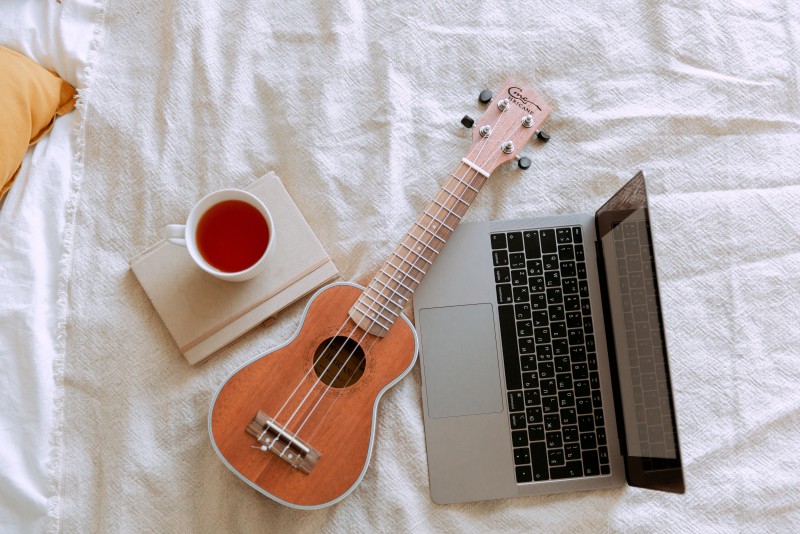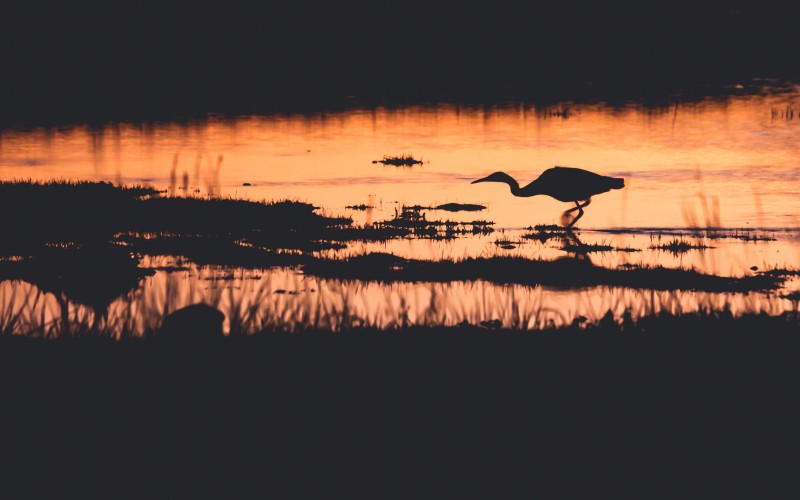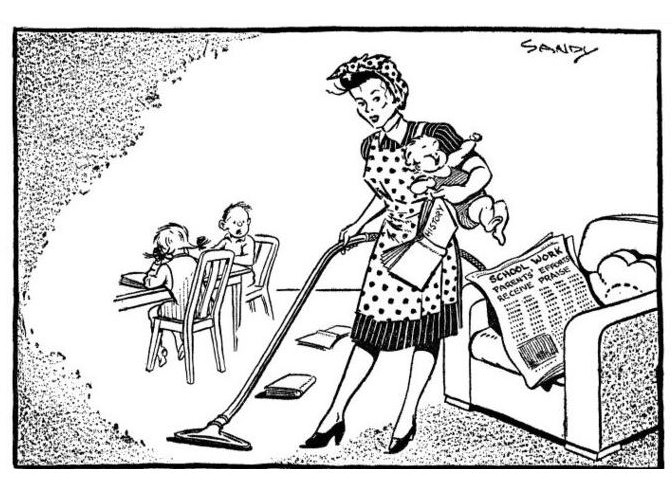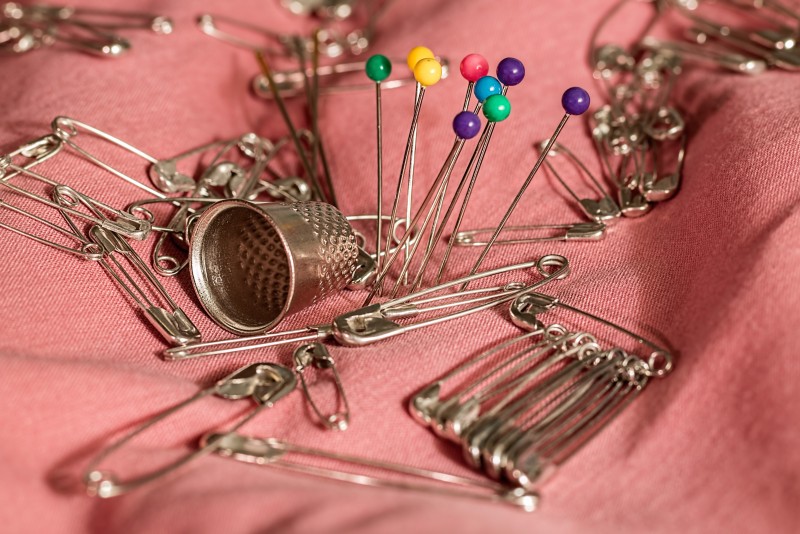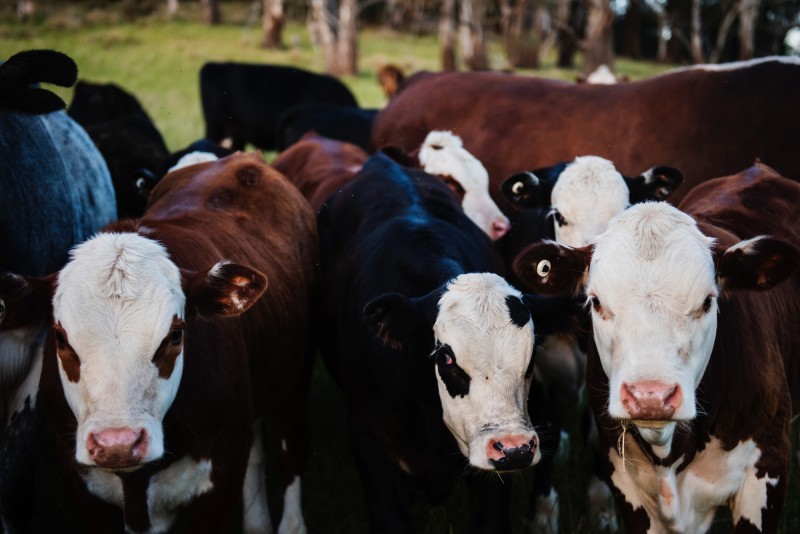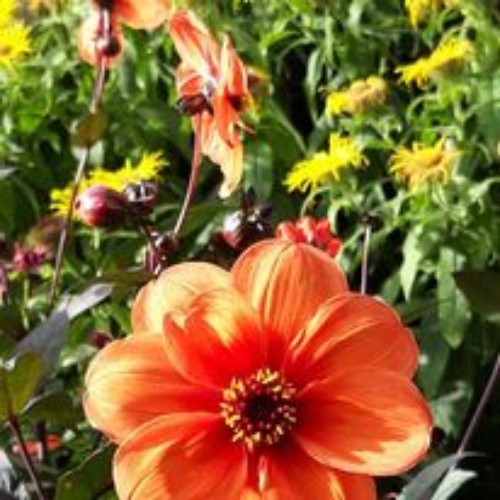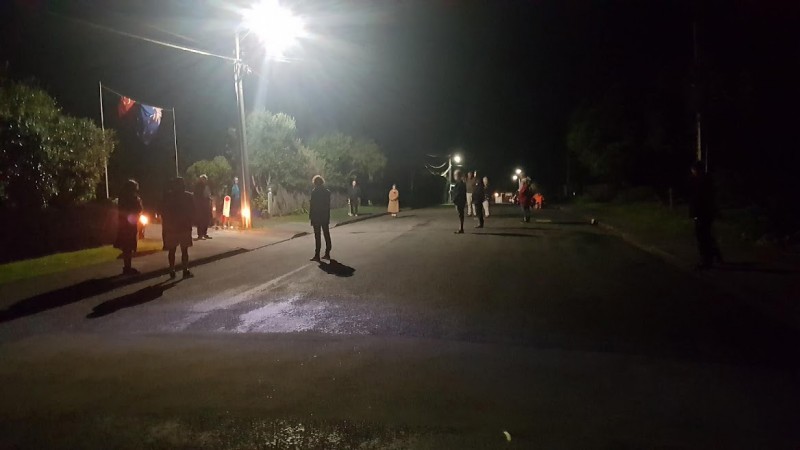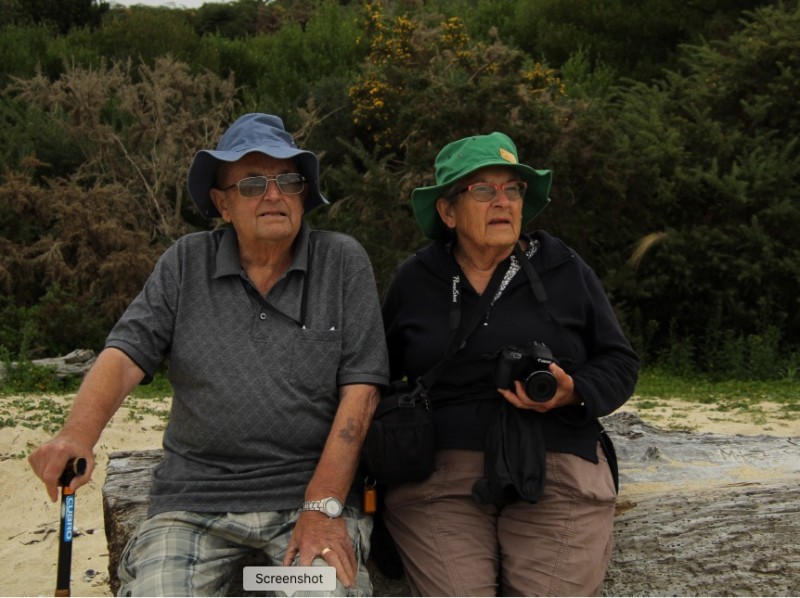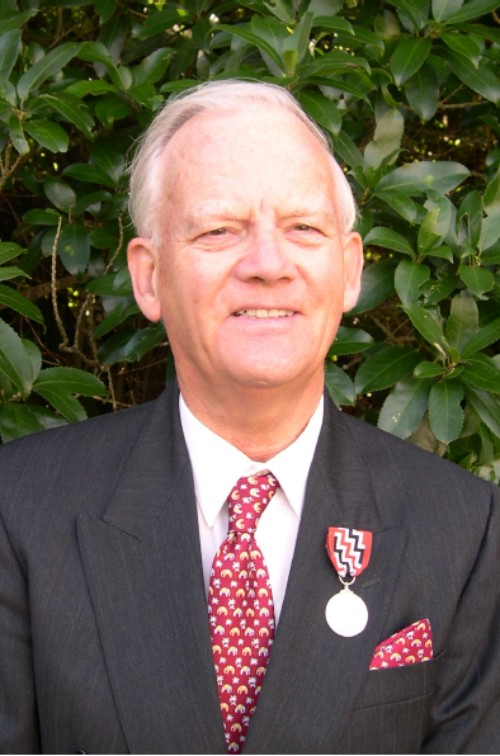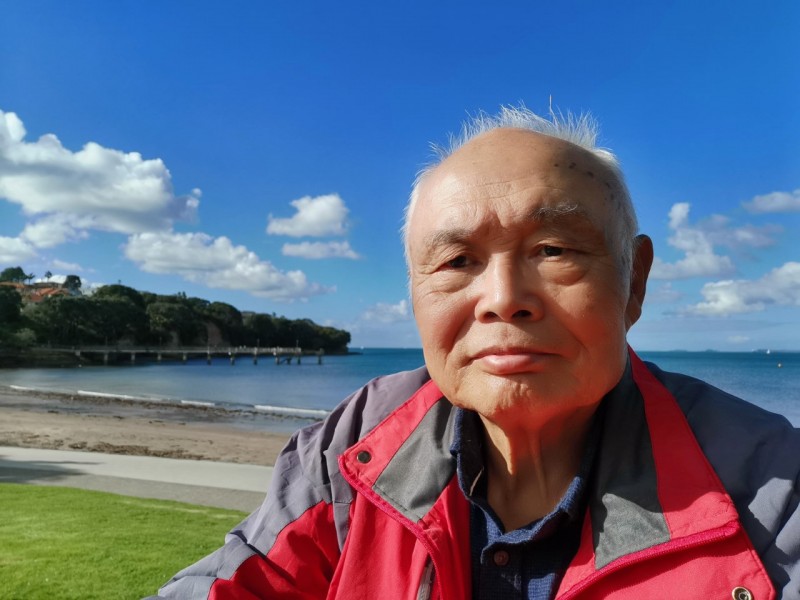I am getting older. There’s still much I love to do. To mow the lawn and keep fit and healthy. To pick garden-fresh vegetables for all to enjoy. To clear the forest of pest weeds and feral creatures. To protect the Manawa forests on the mudflats along the shore. To write thoughts in words that educe. To have a say in how people rule the Tangata Whenua. There are still things for me to say and do for the good of humanity; post Covid-19 Lockdown.
Firstly, let me say that I hope that you, your family, your whanau [extended family], and friends have been safe and healthy during the Covid-19 infection and Lockdown. Then, to remind you that older people know the hands-on years pass more quickly than you think.
Possibly, for the first time in my life, I am not doing things to suit others in the family and the whanau. I like it, finally, I do things that I like to do without having to think about whom I could upset; therefore, lose out on an invitation, a publication, a funded application, a promotion; perhaps, even a new job! This is my time for critical transformative action; fulltime.
Crucially, I should remember that ageing is not just a biomedical event and older people are not a single uniform group. I know 70 plus-years-old Tangata Whenua [First People of the Land] who are fit and active and middle-aged relations and friends, and younger, who are ailing. I have read and discussed the ideas that people experience older age differently depending on their wealth, health, education, language and culture, gender, sexuality, and their own perception of what constitutes older age. From my perspective, growing older successfully isn’t merely a biomedical view of daily living; rather, ageing well is a fecund experience of the freedom to do good and be happy.
By the way, I like the digitisation of communication. At the level of a whanau and community groups, decision-making is faster and shared more widely; morale is stronger; communications clearer; and leadership more vibrant and vigorous. I say this while drawing on my view and experiences of the actions of protest against the local, wealthy, powerful company whose realtors are advertising globally that the company’s farm has “direct access” to the beaches and business opportunities near the ancestral village in which I reside. Moreover, the company and their realtors have failed to disclose, in their advertisements, that there are villages of longstanding between the company’s farm and the beach and potential money-making developments. The landowners and residents, especially, the Tangata Whenua, are offended by the company’s and realtors’ absence of good manners, their ignorant and arrogant, even racist, conduct towards us; about the rumour of a potential gated estate along the waterfront; the potential degradation and destruction of the Manawa [mangroves]; increased vehicular traffic, more vehicular, light, and noise pollution; and escalated rates to pay for the multimillion dollars cost to bring the “access” from a restricted to a public road.
In the middle of a protest like this, Tangata Whenua living in our ancestral village have to show energy, compassion, empathy, adroitness, and stamina. Older people need to enact the ancient values of boldness and courage. We have to ask ourselves, “are we being all we really ought to be at this moment in time?’” For me, it’s been a demanding few months through the Covid-19 infection and emergency. I want to say this to you: If this pandemic has taught this Tangata Whenua woman anything, it’s that the health, justice, economic, and conservation systems are racist—and that 70 plus years-old women and men will never have a better prospect for transformational change than right now.
One of my most alarming experiences is finding out about the inadequate planning protection of the Manawa forests, and the flora and fauna in the nearby Wildlife Refuges; that, like me, are Tangata Whenua. An urgent overhaul is needed for the Department of Conservation, the local and regional council plans. Their failure to protect the land against inappropriate subdivision, use, and development appears to breach the resource management, conservation, local government, race relations, and the human rights laws—to name a few. The lack of protection and enforcement of the nation’s laws has serious implications, not just for landscapes and biodiversity but for the Tangata Whenua who will likely lose what little of the ancestral land still belongs to us through, for example, increased land taxation.
The Covid-19 pandemic and curfew have laid bare the underlying systems of racism. Central government, councils, business developers, and the wealthy and powerful people repeating the same views and experiences, over and over again, and expecting all people’s daily living to be good and fair are absurd. I am no longer confident that these people and their reliance on Christianity and democracy or rule by law are sufficiently knowledgeable even to envision a better way of living by Tangata Whenua in Aotearoa. Besides, this knowledge of a better society is sufficiently complex for Tangata Whenua to grasp.
This is how the national emergency has been, with the dominant societal response to health inequities that the Covid-19 Lockdown is now exposing; in very clear ways. Just as individuals, such as the 70 plus years old, with underlying conditions-obesity, passivity, and impoverishment— are more vulnerable to the pandemic, so too are many communities of Tangata Whenua. In Aotearoa, the health professionals, at least, have known for more than 70 years that possessions and social status determine how sick you will be and how long you will live. Put simply, if you are obese, passive, and impoverished your life expectancy is lower than someone with social status, political power, and material resources – six years for men and five for women.
If you are also the Tangata Whenua you can expect to be ill more often, and to die even younger. More and more health professionals and Tangata Whenua know that our dispossessed position is the result of unfair systemic interactions; racism, for example. The Tangata Whenua also know that racism influences both disadvantage and privilege. We know, also, that dispossession is suffered within whanau as well as among whanau; hence, we know that the health and food packages that have been delivered to the homes, in our village, by the Health provider and this and that Maori service organisation must be shared.
We know that racism ‘gets under the skin’ of the Tangata Whenua, not only during the Lockdown, but day after day after day. Also, we know that racism or lack of control over our daily living is a risk factor for the Covid-19 infection. We know that our access to good health care is imperfect; but, we know, too, that our cultural, commercial, educational, and political position contribute to our lack of authority over our lives.
For all this, the Tangata Whenua know that in spite of the good intention and investment of the people in positions of power, their racist ways of thinking about and behaving towards us remain almost unchanged. All the good intention and investment have not made a change for the better. New Zealand’s Christian religion and democratic system flow away from the Tangata Whenua, away from the intimacy of kindness and care, and that compels shared action for the good of humanity.
The Covid-19 infection and the Lockdown, like colonial history impact on sharing power, knowledges, and resources; on who is valued and who is not. Although researchers, especially, quantitative scientists are good at gathering data, evidence, and information to define and understand racism, they are less good at enacting change that will be good for all of humanity; not just them.
In my view and experience of the Covid-19 emergency, the Tangata Whenua know that collective health and happiness is about the strength and flow of relationships within and among whanau as well as with the Indigenous flora and fauna surrounding us, in the countryside. The Tangata Whenua leaders need to be more experienced in matters of daily living, better educated, better communicators, and more sophisticated intellectually; instead of servants of the government agencies like Te Puni Kokiri, the Maori Land Court, Department of Conservation, and the Health system, among others.
Collective wellbeing that entails harmony between all life on earth has to be understood by those in control of decision and profit making. The controllers have to be in touch with those whom they rule; there are no excuses for the rulers’ failure of their whole-of-government and intersectoral strategies that they have put upon the Tangata Whenua. Like colonial history and racism, the consequences of the Covid-19 infection and emergency will be extensive and enduring, similar to rebuilding the economy in the1980s and 1990s. Profound health and social effects will fall unfairly, once again, on Tangata Whenua who are already impoverished and living in precarious circumstances.
The Covid-19 curfew has shown that racism is not a theory for the Tangata Whenua and that the dominant western models of health and profit-making and accumulation are not good for all of humanity. My final view and experience of the Covid-19 Lockdown is that the lawmakers must become more sophisticated and humane, and stop believing that society is safe for all, and to stop avoiding making the hard decisions about racism, post Covid-19.
Mihi atu
16 June 2020.
